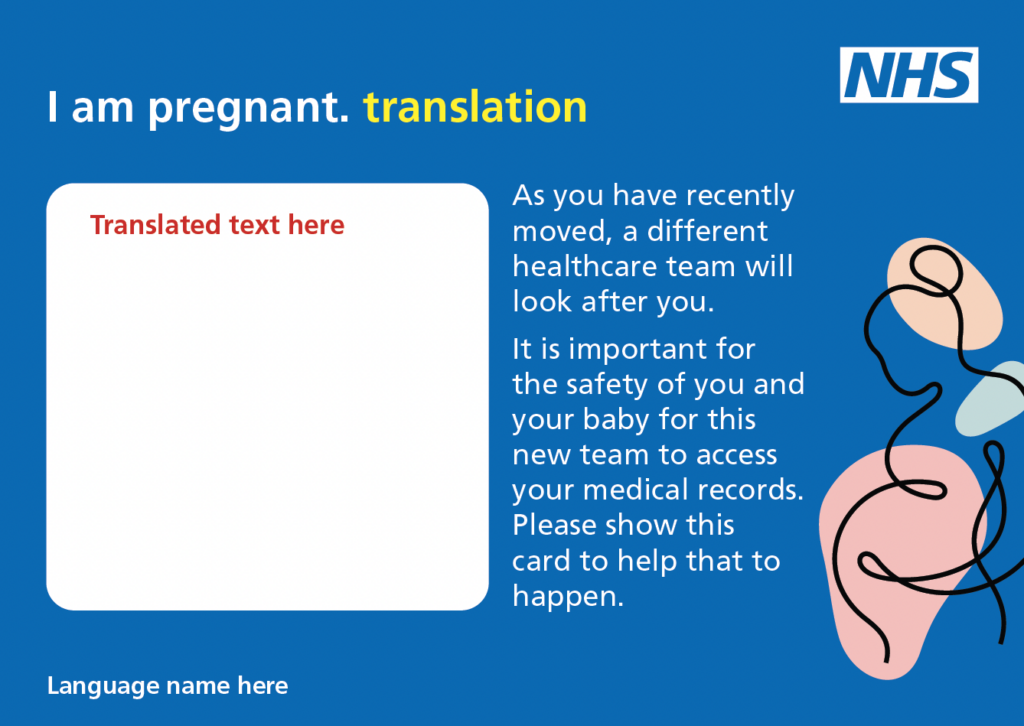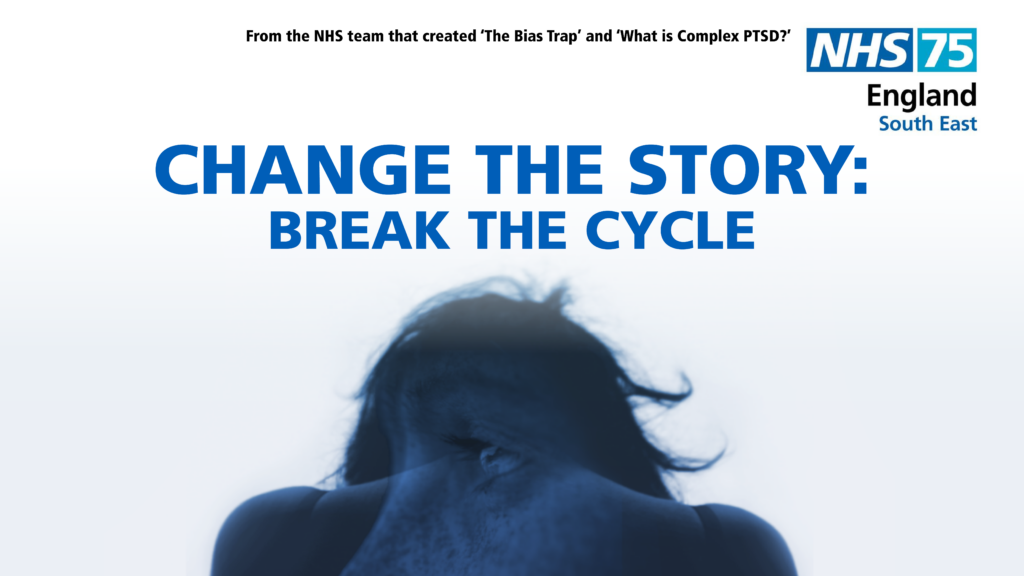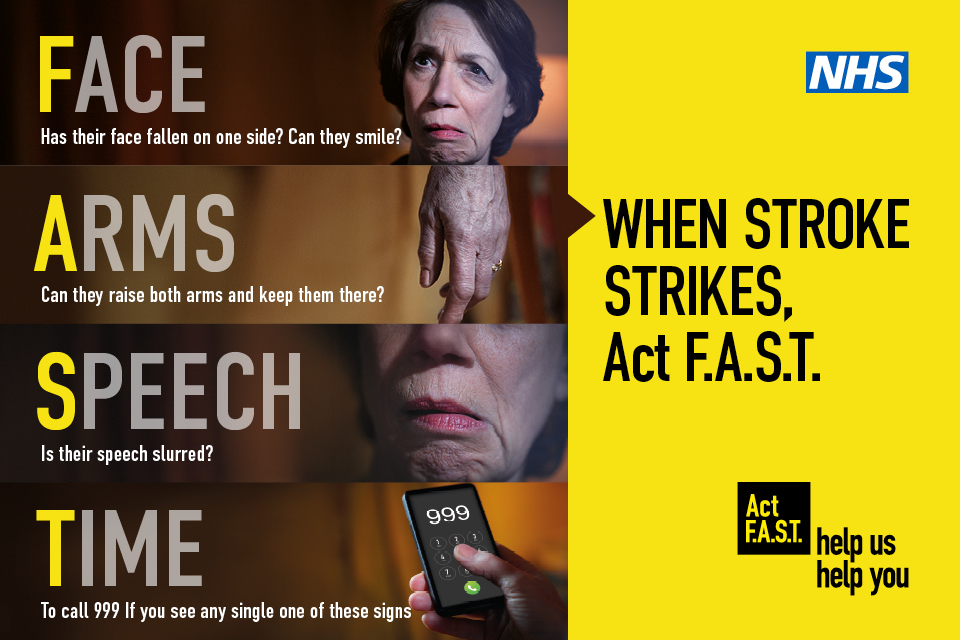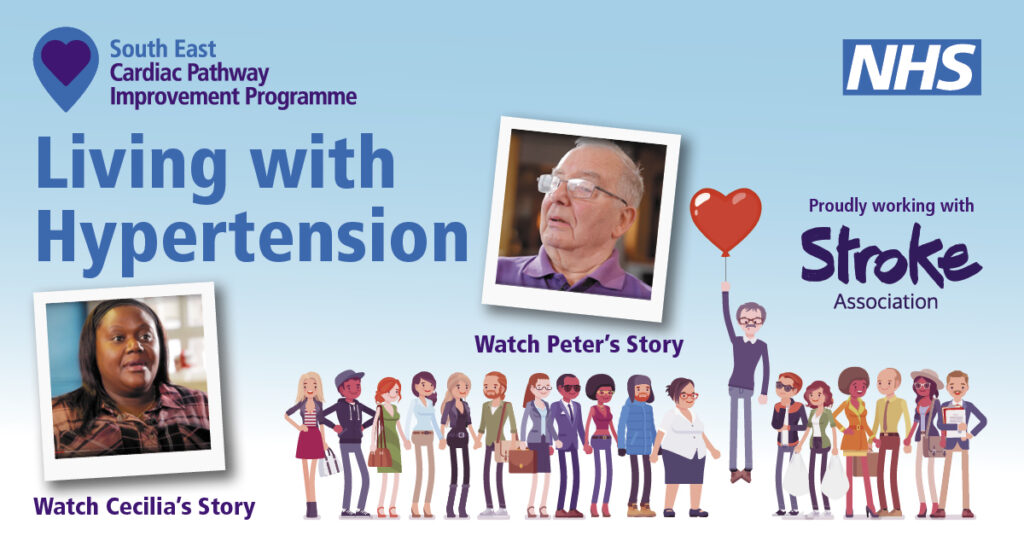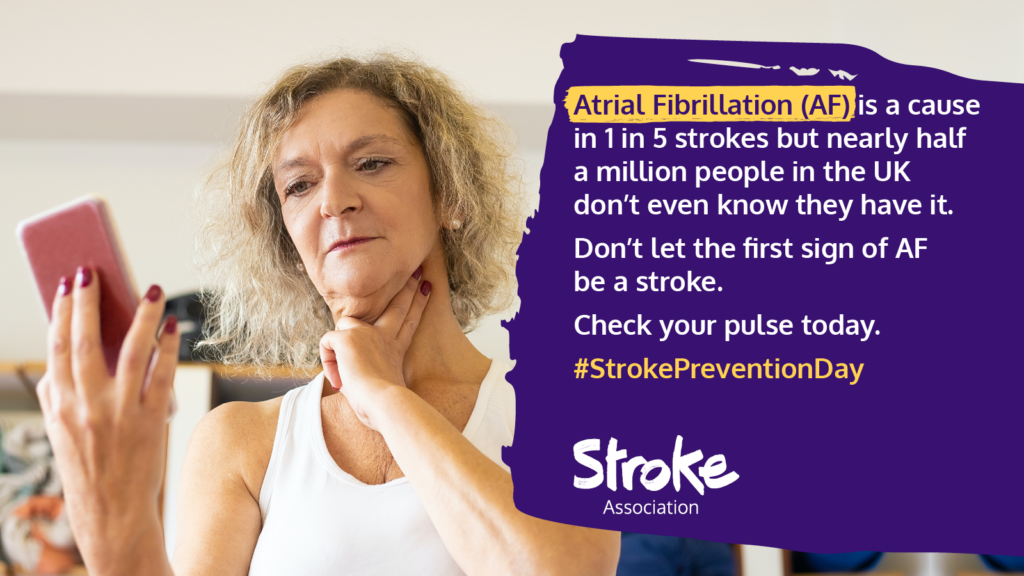On 10 June 2020, the regular South East System Leads meeting was focused on health checks and how these can be reinstated within the Covid-19 context to support the improvement of physical health and help reduce the increasing inequality for those with serious mental illness and learning disability. A total of 70 leads from across our region came together to explore this important, multi-partner issue.
You can listen to the full audio of the webinar discussion below:
Physical Health Checks for SMI – national overview
Beth McGeever, Programme Manager – Adult Mental Health in the national team, opened the meeting by describing some of the key policy drivers for the Physical Health checks for those with SMI and the significant inequality which leads to a reduced life expectancy of 15-20 years less than the general population. She outlined the messages in the communications sent to the system during the Covid-19 context which impacted on the Physical Health check agenda. She flagged that there will shortly be a new communication from Claire Murdoch to the system resetting the priorities for the Long Term Plan over the remainder of this year including encouraging systems to continue to prioritise completion of all elements of the health checks, however she heavily caveated that clinicians should continue to use clinical judgement to balance the clinical risk of completing face to face checks against the risk of individuals contracting Covid. There will also be reinstatement of collection of data from Q2 onwards. She also reviewed the Q3/Q4 data across the South East.
The presentation from this session is available to download here.
Annual Health Checks for those with Learning Disability – overview
Alison Leather, Head of Learning Disabilities and Autism, NHS England and NHS Improvement (South East Region) highlighted the strategic context to reduce health inequalities across Learning Disability and Autism and the importance of focusing on getting back on track with recovery plans in the difficult current context. She acknowledged the difficulty of getting health checks completed in primary care and highlighted there will be a further letter sent out around the importance of delivering annual health checks, continuing to focus on this and exploring different ways to deliver. She also stressed the importance of involving experts by experience when considering the delivery of health checks.
Good Practice example – Physical Health Checks for SMI during Covid 19 pandemic
Katie Simpson, GP Mental Health Lead for East Berkshire, described the context of East Berkshire highlighting the mortality gap of 22.2 years for men and 17.1 for women which is not what would be expected, given the demographics. East Berkshire have the highest completion rate for checks in the South East and Katie feels this is largely down to the rolling training programme and the personalised Physical Health record booklet which is given to each patient at their health check. She explained the difficulties prior to Covid of the flow of data from secondary to primary care and of getting patients to attend for the blood test elements of the check. She then introduced the process which is being agreed for delivering checks within the Covid context.
The presentation from this session is available to download here.
Good practice example – Pathway to completing learning disability annual health checks during Covid 19 pandemic
Hilary Gardener, Strategic Liaison Learning Disability Nurse for Primary Health in Hertfordshire described the difficulties faced with people with Learning Disability during this time; the risk of increased use of medication and the fear of the virus leading to not getting support for health concerns. This led to development of pathway to reinstate health checks and restart the conversation.
The proposed pilot pathway aims to balance meeting the DES requirements while maintaining sensible pragmatic consideration of not putting people at risk. It involves advance completion of precheck carer preparation tool which enables clinician to have information to undertake virtual annual health check which then triggers face to face element, depending on assessment of risk.
The presentation from this session is available to download here.
Point of Care to support testing of blood lipids and glucose
Sarah Amani, Senior Programme Manager, South of England Early Intervention in Psychosis Programme described a pilot project using Point of Care Testing in the Early Intervention in Psychosis team in Oxfordshire. The testing machines use a finger prick and results are available within 10 minutes so the care coordinator can have a conversation straight away, input results into care notes and refer if an abnormal result. The pilot project compared results with those produced by the lab and also compared results in numbers of tests undertaken in a team with a machine and a team without the machine.
The presentation from this session is available to download here.
Carolyn Hinton, Quality Improvement Manager for Adult Mental Health for SMI, then spoke of next steps and asked systems what support would be helpful in progressing health checks for those with SMI and the wider approach for physical health improvement. She highlighted that the check is the gateway to the interventions/referrals and a whole system approach is needed to provide the personalised care solution involving primary care, secondary care, PCNS, voluntary sector, experts by experience, peer support, local authorities and public health colleagues. She described some of the key areas of focus for those areas who are achieving well and provided links to some of the available resources.
The presentation from this session is available to download here.
Alison Leather summed up in terms of next steps for Annual Health Checks for those with Learning Disability noting that it is up to systems to let us know how you want to take forward and how we can find key actions and local solutions together in delivering priorities in the challenge of Covid context. This involves looking at a blended proposal around how to undertake virtual and face to face health checks for LD and in the future Autism. It also includes looking at engagement, sharing learning from other portfolios and considering how to develop some easy read documentation, checklists and support with engagement which can be really challenging. It also includes looking at how we agree with clinical and contracting colleagues what the final proposal looks like and how we work together across the system to develop a format which improves care.


